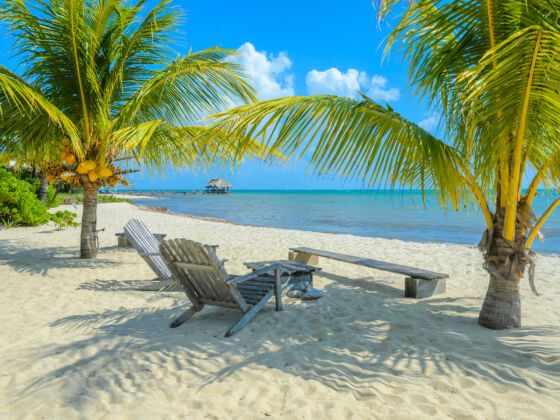EVERY YEAR, THE ETHICAL TRAVELER organization releases a list of ten developing nations that it believes are the most ethical places for the socially conscious traveler to visit. The idea behind the project is simple: by encouraging travel to developing countries that have done an outstanding job in the fields of environmental protection, social welfare, human rights, and animal welfare, they are encouraging good behavior.
Without further ado, here are the ten countries that Ethical Traveler chose for their 2017 “Best Destinations” list.
